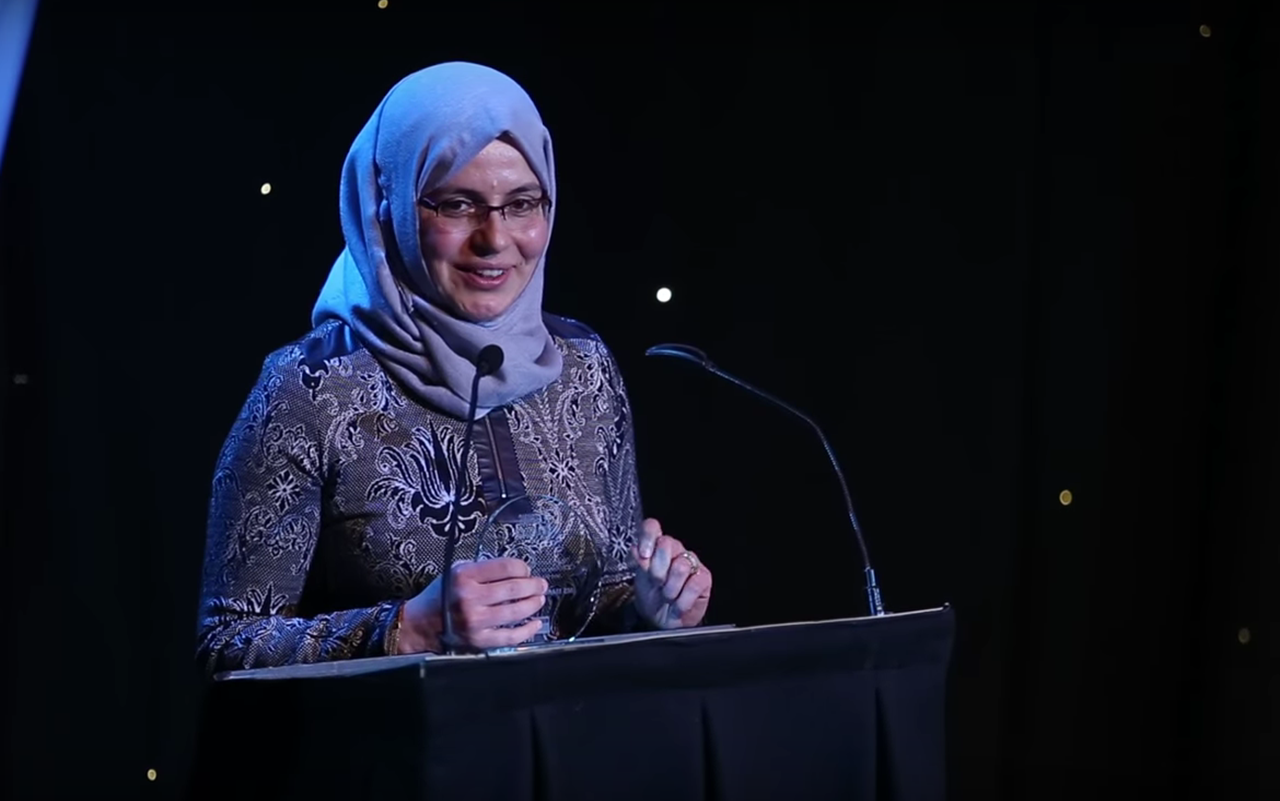
In preparation for the fourth year of my History degree I have been reading Doris Kearns Goodwin’s ‘Team of Rivals’, which tells the story of Abraham Lincoln, the sixteenth President of the United States. Growing up on a small and deprived farm in Kentucky gave young Abraham little access to formal education, so he had to lead his own learning and educate himself. He would go to great lengths to find and read any books he could get his hands on. In every spare moment he could be found sat against a tree trunk, studying the works of classicists, philosophers and scientists, ‘reading, writing, ciphering and writing poetry’. He carried this love of learning all the way through his life.
‘Education changes lives’ was more than a cliché for Abraham Lincoln, as is it for countless others. It is why a university’s role in educating its students is so vital. Few things a university does are more important than their teaching and education, empowering generations of students to change their own lives and the world around them.
It is no secret that for a long time, academics were often rewarded and recognised for their research credentials rather than their teaching. So in 2009, the Edinburgh University Students’ Association (EUSA) founded the annual EUSA Teaching Awards as a way of addressing that imbalance. This meant students could reward and recognise the very best teaching, courses and staff support at the University. Where EUSA led, many others followed; an annual Teaching Awards have become regular features in the calendar of many Students’ Associations across the country.
Last week, the eighth annual EUSA Teaching Awards rewarded eleven winners in categories from ‘best personal tutor’, to ‘best feedback’, ‘best course’ as well as ‘best overall teacher’ awards for the three University Colleges. But it’s not only the winners who benefit. It’s also the 2000 staff and students who received nominations, many of whom proudly wear their ‘nomination badges’. I have bumped into a few of my former tutors who were delighted to have been nominated for the awards, describing it with as much pride as getting their research published in an academic journal. Many of our academics clearly love teaching and appreciate it when their hard work is recognised.
So what do the EUSA awards tell us about ‘good teaching’? US Founding Father Benjamin Franklin described the best educators as those who involve students in their learning:
“Tell me and I forget, teach me and I may remember, involve me and I learn.”
Indeed many of the winners seemed to reject a ‘top-down’ approach to teaching. For them, the focus wasn’t on the ‘teacher’ simply imparting knowledge to the students, but on nurturing the students’ ability and love of learning, both inside and outside the classroom.
- Professor Jamie Davis, awarded Best Overall Teacher in Medicine, gave his students access to podcasts, building their confidence to learn on their own using technology.
- Marwa Mouazen, winner of The Ian Campbell Award for Teaching in the Humanities and Social Sciences encouraged students to ‘seek extra-curricular opportunities’ and ‘discussed how their learning was progressing outside of the classroom’.
- Jamie Cole, winner of the Best Personal Tutor Award, helped his students learn about themselves and how to overcome difficult times at university.
For these award-winners, learning is not something that happens only in the classroom and stops outside of it. These teachers were awarded for how they helped their students lead their learning beyond the classroom, a skill that will benefit their students for the rest of their lives.
The nominated ‘Best Courses’ were characterised by how they fostered a learning community, where both students and teachers worked and learned together. Indeed, Plato’s ‘School of Athens’ famously talks not of a divide between the ‘teachers’ and ‘students’, but of ‘senior students’ and ‘junior students’ learning from each other. This is the philosophy behind the winning course, ‘SPS (Social and Political Science) in Practice’, in which students and staff collaborated in designing the first ever ‘Introduction to Gender Studies’ course.
The students spoke of a passion for their learning:
“Our work did not seem like work at all!”
The creation of a close-knit community:
“My group became some of my best friends”
And even an inspiration to:
“To have a bigger role in university life” and shape their own university education.
The winners of the EUSA Teaching Awards can provide a shining example to everyone at this University. They show us that our best teaching is when we foster a student’s ability to lead their learning both inside and outside the classroom, and that our best learning happens when staff, academics and students learn together, working in partnership to create the university education they want to see.



